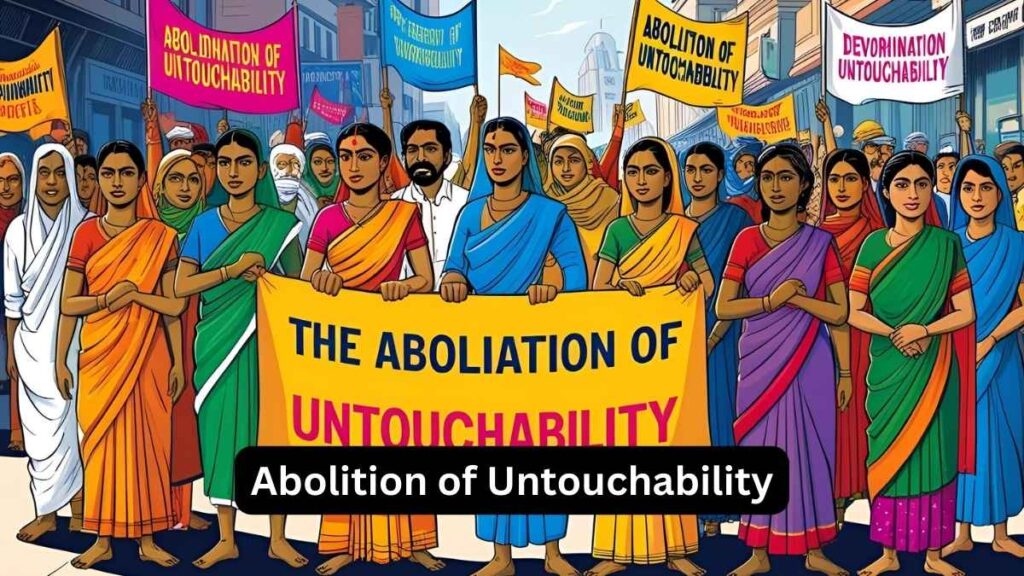Font size:
Print
India’s Human Development Index (HDI) Performance (UNDP 2025 Report)
Inequality slashes India’s human development score by nearly a third: UNDP report
Context: India has made notable progress on the Human Development Index (HDI), climbing from rank 133 in 2022 to 130 in 2023 out of 193 countries, according to the 2025 Human Development Report released by the United Nations Development Programme (UNDP) on May 6, 2025.
More on News
- The country improved its Human Development Index (HDI) value from 0.676 in 2022 to 0.685 in 2023, signalling consistent progress in key dimensions such as health, education, and standard of living.
- The report also highlights a sobering reality: inequality continues to severely impact India’s development outcomes, slashing its HDI score by a staggering 30.7% — one of the highest reductions recorded in Asia.
- India has continued to stay in the medium human development category but is now approaching the high human development threshold, which requires an HDI value above 0.700.
Health, Education, and Income Trends
- Life Expectancy and Health Initiatives:
- India’s life expectancy rose from 71.7 years to 72.0 years, the highest level recorded since the HDI was introduced.
- This rise reflects India’s strong recovery from the COVID-19 pandemic and effective health interventions.
- Key national programmes contributing to this success include:
- National Rural Health Mission
- Ayushman Bharat
- Janani Suraksha Yojana
- Poshan Abhiyaan
- Education Gains:
- The expected years of schooling remained almost constant, changing slightly from 12.96 to 12.95 years.
- The mean years of schooling rose from 6.57 to 6.88 years, indicating better access to education.
- The report praised India’s progress since 1990 in school education, attributing success to:
- Right to Education Act
- Samagra Shiksha Abhiyan
- National Education Policy 2020
- However, the report emphasised that quality and learning outcomes still need improvement.
- Economic Development:
- India’s Gross National Income (GNI) per capita, measured in 2021 purchasing power parity (PPP), increased from USD 8,475.68 to USD 9,046.76.
- Since 1990, GNI per capita has grown over four times, from USD 2,167.22 to USD 9,046.76, driven by sustained economic growth and social welfare schemes.
Gender Inequality: A Key Challenge
- While health and education inequalities have lessened, income and gender disparities continue to pose major challenges.
- The report pointed out that female labour force participation and political representation in India remain low.
- However, a recent constitutional amendment mandating that one-third of legislative seats be reserved for women was seen as a positive and transformative move towards gender equity.
Poverty Reduction and Social Protection
- India’s development has been fueled by targeted social protection and welfare programmes, contributing to notable poverty reduction. Between 2015–16 and 2019–21, 135 million Indians escaped multidimensional poverty.
- Significant contributors to this achievement include:
- MGNREGA (Mahatma Gandhi National Rural Employment Guarantee Act)
- Jan Dhan Yojana (financial inclusion)
- Digital inclusion initiatives
India’s Rise in AI and Technological Leadership
- The 2025 HDR, titled “A Matter of Choice: People and Possibilities in the Age of AI,” also focuses on the transformative role of artificial intelligence in human development.
- India is increasingly positioning itself as a leader in the global AI ecosystem:
- It has the highest self-reported AI skills penetration globally.
- 20% of Indian AI researchers now remain in the country, compared to nearly zero in 2019.
- AI is being deployed across sectors, including agriculture, healthcare, and public services.
- New initiatives aim to democratise AI access, ensuring broader inclusion.
Global Outlook: A Slowing Trajectory
- The report noted that globally, human development progress is slowing down, at the slowest rate since 1990. However, optimism about AI remains high:
- 70% of global respondents expect AI to increase productivity.
- 64% believe AI will create new job opportunities, especially for youth.
- Without the COVID-19 pandemic, the world was on track to reach very high human development by 2030.
- That milestone is now at risk of being delayed by decades, the report warned.


